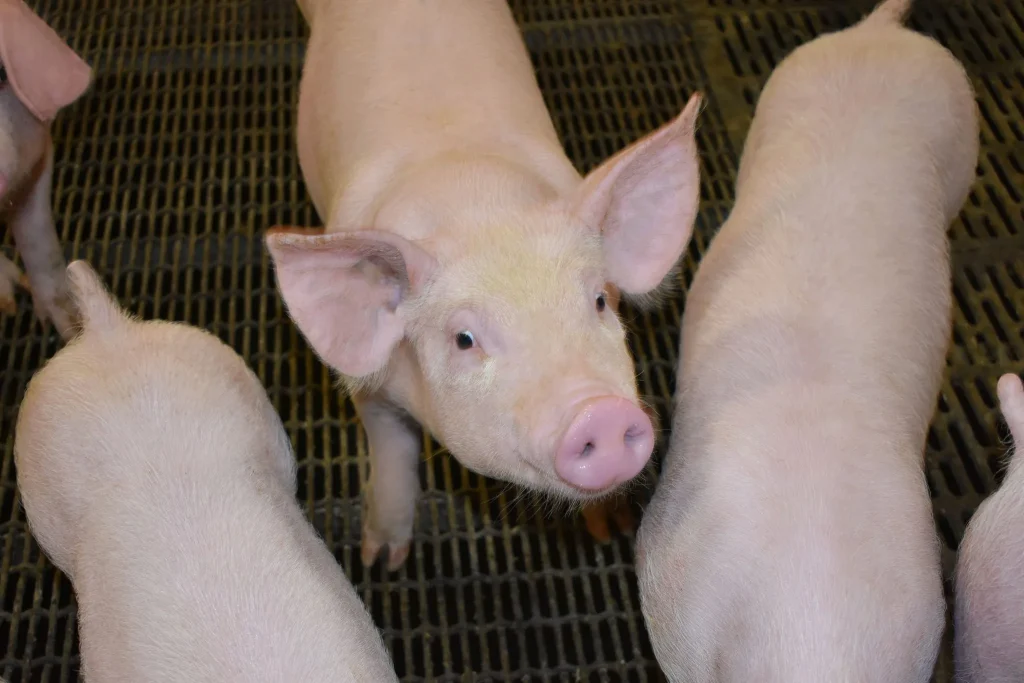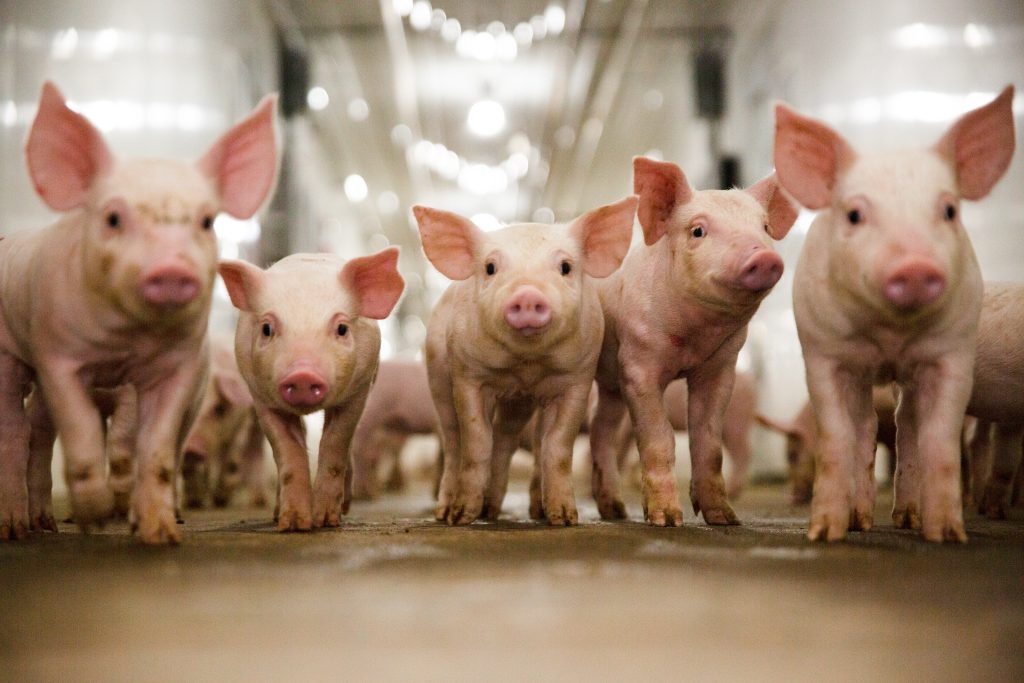Press Release: Brazil Issues Positive Regulatory Determination for PIC’s PRRS-Resistant Pig and Sustainability Initiatives

“Brazil has embraced biotechnology and agriculture innovation to help its crop and livestock producers be more productive and resilient in a tropical climate. They’ve experienced tremendous success and have significantly increased food production and affordability over the past few decades.[1] We are pleased the Brazilian government recognizes biotechnology as a tool to improve food security, animal welfare and achieve other important benefits, and we’re working to make this tool available to producers in the future,” said Matt Culbertson, Chief Operations Officer at PIC.
Research shows PRRS-resistant pigs are no different than conventional pigs, except the pigs were resistant to the PRRS virus

PRRS-Resistant Pigs and the resulting pork products are the same as conventional pigs and the pork products consumers are accustomed to seeing in restaurants/grocery stores. This research, conducted by PIC over several years, was peer-reviewed and published in the scientific journal Frontiers in Genome Editing.
Study Demonstrates PRRS Resistance on a Commercial Scale

PIC has established a large population of PRRS-Resistant Pigs. The result is traditionally-bred pigs that are the offspring of — and several generations removed from — the original gene-edited pigs. The study published in CRISPR has shown that this gene edit can be used responsibly to protect pigs from the PRRS virus and has no negative impact on production performance or the resulting pork products.